About the scheme
The Duke of Edinburgh’s Award is a prestigious, world leading youth achievement programme that over a quarter of a million young people embark on each year. Students can achieve three levels: Bronze, Silver and Gold. Apart from having a great time, the award helps young people build greater confidence, self-esteem, resilience and teamwork skills. The achievement is highly regarded by colleges, universities and employers as it encompasses many of the key attributes they look for, in addition to academic qualifications.
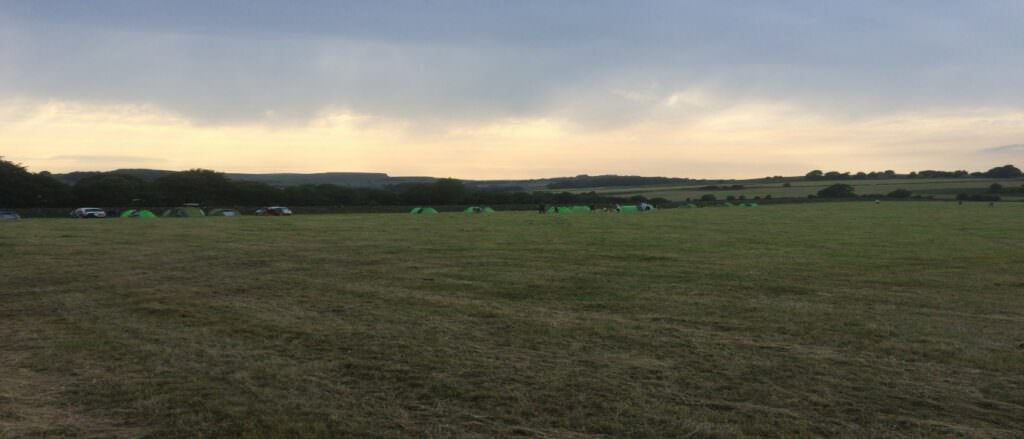
The Duke of Edinburgh’s Award Scheme is an exciting programme of practical, cultural and adventurous activities designed to stimulate and develop young adults. There are three awards: Bronze, Silver, and Gold. To attain each award participants choose one activity for each of the four sections below. These activities are completed largely in their own time.
There are four sections to the award: Skills, Volunteering, Physical and Expedition, each encourages students to try different things, gain new experiences and make a difference in the local community. Students can choose what they do for Skills, Volunteering and Physical sections. Examples include learning a musical instrument, litter picking in school and playing a sport.
The four sections of an award
- Volunteering: Taking part in an activity to support a voluntary organisation or group. This could include taking part in voluntary training, such as first aid training.
- Skills: Demonstrating engagement in an activity. This is a very open section covering many hobbies and interests.
- Physical Recreation: Take part in a regular activity with a focus on health or fitness, such as a sport or other physical activity.
- Expeditions: Train, plan and complete a journey in the countryside on foot and sleep under canvas.
Participants receive advice and support for all sections within school. Training for expeditions takes place in school, a training walk in the local area and further training on their practice expedition. Both practice and assessed expeditions take place locally.
Participants are supported in finding opportunities to pursue the other three sections should they not be able to find anywhere themselves. Indeed, the local community offers fantastic support to our participants whilst they pursue the different sections of the Award. Participants can use existing interests to use for activities for the Award, or they can try learning new skills.
The Award is a very prestigious scheme that helps to equip young people for life beyond school. Young people acknowledge that they face a competitive environment when leaving school, with 93% of those surveyed reported to feel under pressure to demonstrate not just their academic achievements to potential employers, but also that they will be an ‘all-rounder’ in the workplace. The DofE helps young people develop employability skills and this is recognised by participants themselves. When asked to apply their DofE experience to an interview setting, respondents said they had gained and could demonstrate skills in self-management, problem solving, team working, communication, resilience, commitment, self-reliance, a positive approach to work as well as new skills gained in the four sections.
The Award is widely recognised by Further Education, Higher Education establishments and employers and a valuable addition to CV’s. Achieving a Duke of Edinburgh’s Award is not only a huge personal achievement but it can support young people beyond school into employment.
Most importantly of all, participants involved in the Award have a lot of fun!
Bronze Award (Year 10)
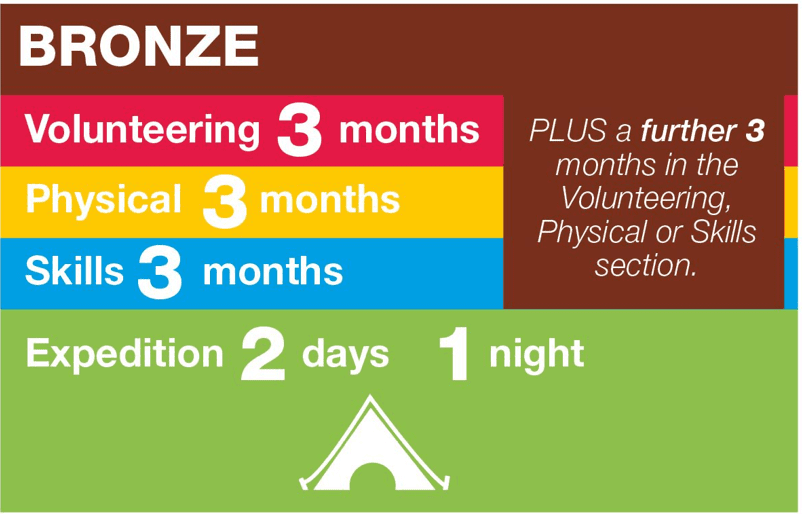
Silver Award (Year 11)
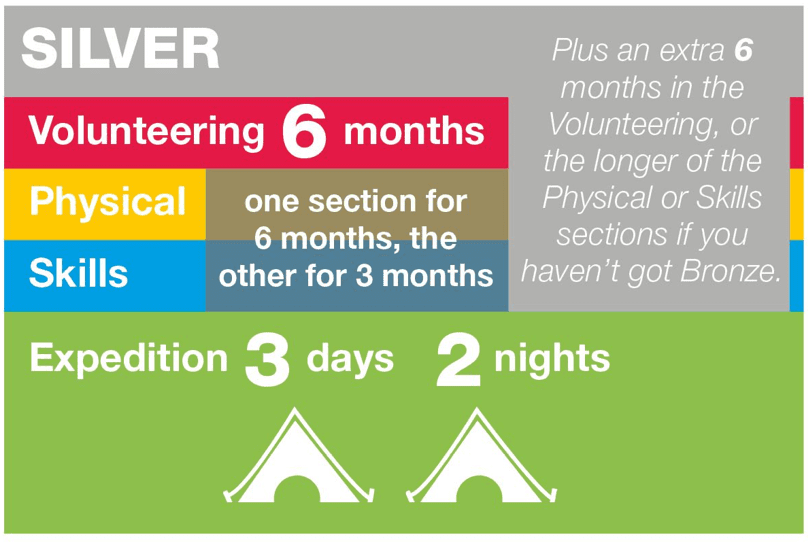
Expeditions
This is the section that students look forward to most! Students complete two expeditions: one practice and one qualifying. At Bronze, the expedition is two days and one night, and for Silver, three days and two nights.
Walking in groups, students navigate their way along a planned route, carrying all of their kit in a rucksack, including a tent, stove, food and personal kit. On reaching the campsite, students set up their tent and cook their dinner on a stove, before getting up early the following day to continue their expedition. Expeditions take place in the Peak District, where students will need dropping off and picking up.
Students are taught all of the skills needed for a safe and successful expedition during weekly expedition training sessions. These develop skills such as map reading, navigation, camp craft, first aid, food and cooking. Expeditions are led by experienced BWA Staff.
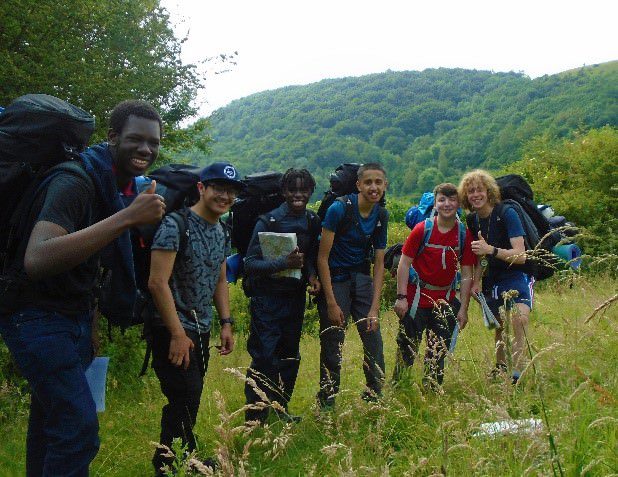
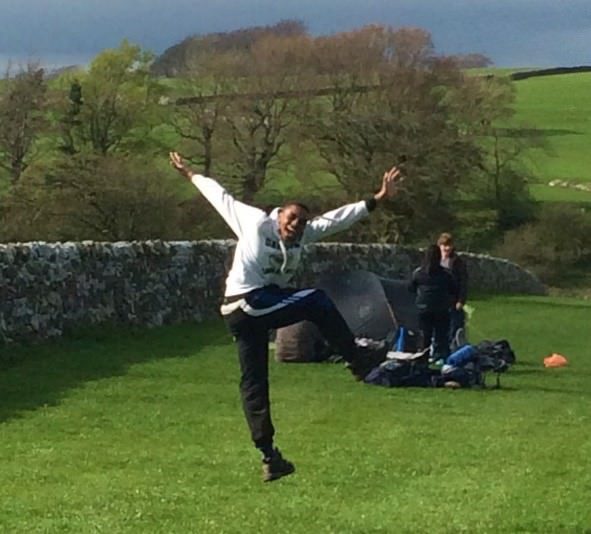
Further information
The fee is a one off payment of £80, which covers registration with The DofE, camping, equipment costs and the certificate and badge on competition. Free School Meals students pay £40.
Kit available to borrow: tents, rucksacks, sleeping bags, sleeping mats, waterproof jackets and trousers, stoves and first aid kits.
You can find useful information on the DofE website or on the edofe website, or on the DofE’s YouTube page. You can also contact the BWA DofE Manager: agarbutt@bluecoat.uk.com
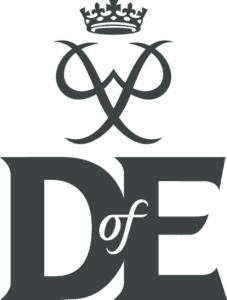
Meet The Team

Mr A Garbutt
D of E Manager

Mr J Gilder
Assistant D of E Manager


Mrs S Fielden
Miss K Stark


Mrs T Saunders
Mrs H Shirtcliffe
